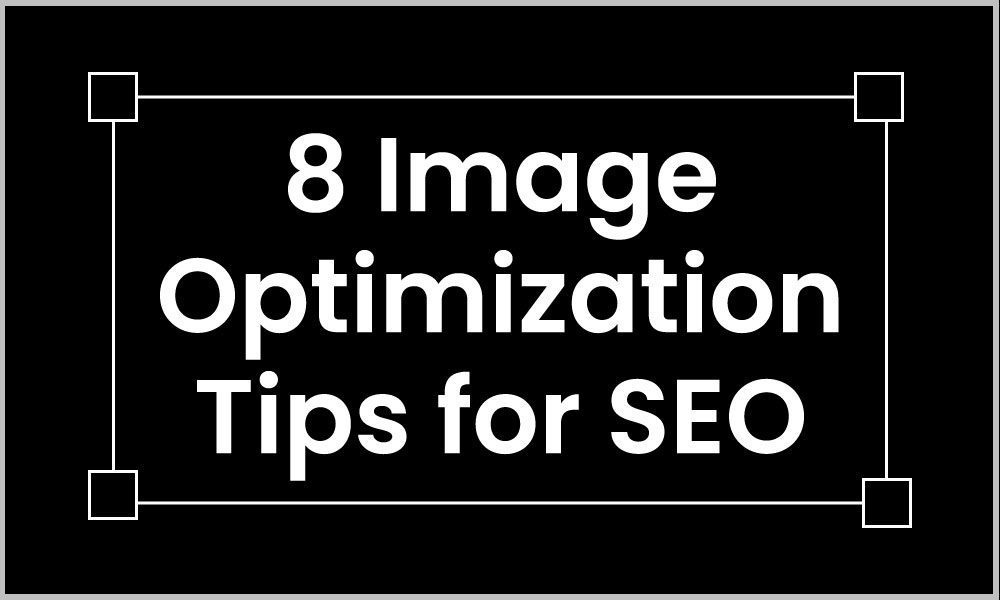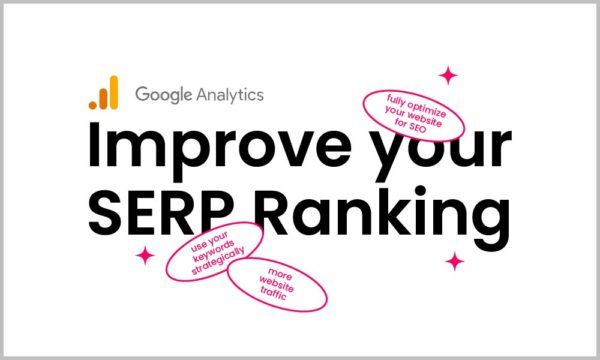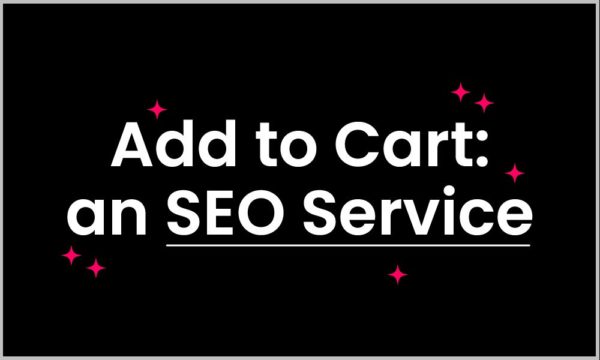In the crowd of backlinks, keyword research, and content creation, an often-overlooked SEO tool is image optimization. One-third of all searches on Google are for images.
You’ve read that right. One third.
And optimizing your image could take you out of the crowd. So, what do you need to do to make those images work for you instead of slowing you down?
Compress your images
There are different types of image formats you can use on the internet. They include PNG, JPEG, and WebP. PNG offers the best quality while JPEG has slightly lower.
This is where compression comes into play. Page speed is one of Google’s most important ways of ensuring a good user experience. To rank in the search results, your website must be fast. Large images can slow down your website dramatically. Compressing your images into manageable sizes can help you rank higher and reduce bounce rates.
You can always check your performance with Google’s PageSpeed Insights tool. Remember, no one likes waiting for their page to load.
Don’t break copyright laws
A lot of the images you see on the internet are free. However, there are images to which rights are restricted. These stock images or images owned by agencies are not authorized for free use. Make sure you have purchased the rights to use them before you upload them on your website.
Alt tags
A good alt tag helps crawlers understand what your image is. Explaining what your image is going to make sure that your images are indexed properly, but don’t keyword stuff.
Customize your image name
There’s a little bit of keyword optimization in play here. Google looks at your image names as well as your alt text. The more descriptive, the better. So, name your image something like man_taking_photo instead of IMG_1341.
Unique images
While you can just use stock photos, having more unique images can help you stand out from the crowd. There are a thousand blogs that use the same image for their covers. Make sure yours stand out.
Make sure your image is relevant to the page
Google looks at your page title and description when ranking your image. Relevancy is key here if you want to rank better.
Mobile-first
Like all our blogs talk about, make sure your content is optimized for mobile, especially your images.
Sitemaps
Include all relevant information about your image on your sitemap. This is the best way to guarantee that google crawls your image.
Image optimization is one of the easier ways to improve your SEO ranking. So, keep these tips in mind while uploading your image. We’re always ready to talk SEO at +971 4 580 3378.



